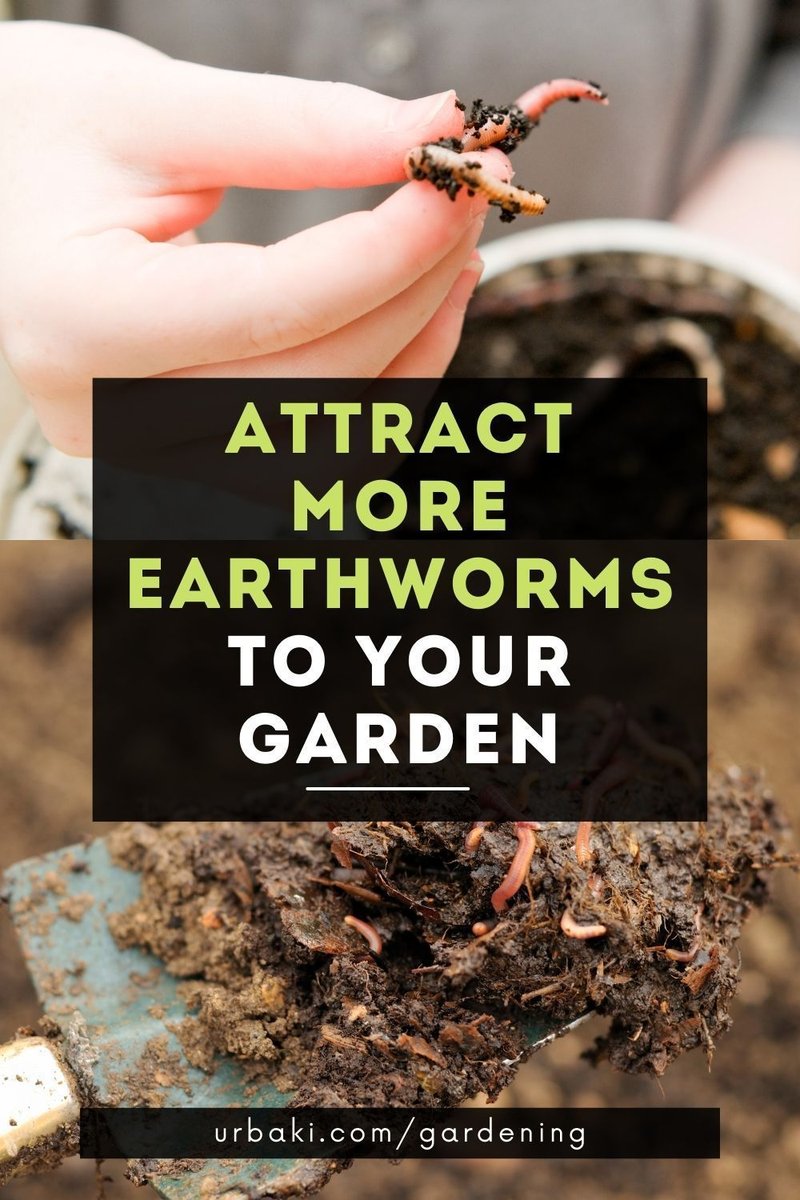
You might be wondering why it’s such a big deal. After all, a few worms here and there can’t make or break your garden, right? Well, here’s the thing: losing earthworms can lead to compacted soil and poor plant health. It’s a bit like trying to breathe in a crowded room. So, by taking some simple steps during garden cleanup, you can keep your worms safe and sound while also enhancing the health of your garden overall.
Understanding the Role of Earthworms in Your Garden
Before we get into the nitty-gritty of cleanup tips, let’s explore why earthworms are so crucial. These little wrigglers are nature’s gardeners. They consume decaying plant material and manure, turning it into nutrient-rich compost through their digestion. This not only benefits your plants but also boosts soil structure and health.
You might not see them at first glance, but trust me, they’re hard at work beneath the surface. Think of earthworms as tiny construction workers. They dig tunnels through the soil, which helps air and water reach plant roots more effectively. Without these tunnels, your garden would struggle to absorb moisture, leading to dry, thirsty plants.
So, if you want your garden to flourish, keeping earthworms safe during cleanup is a must. That leads us to some practical strategies you can employ.
Timing Your Cleanup Wisely
Timing can make a world of difference when it comes to protecting earthworms. Ideally, you want to do your garden cleanup after a rainstorm. The ground will be moist, making it easier for worms to come to the surface. This is when they’re most active and, consequently, more vulnerable.
If it’s sunny or dry, earthworms tend to burrow deeper into the soil, making them less likely to be harmed. You might think that a sunny day is perfect for cleanup, but during dry spells, those little guys are hiding out, trying to escape the heat. So, keep an eye on the weather and choose your cleanup days wisely.
Here’s a quick checklist for timing your garden cleanup:
- Wait for a rainy day or a moist environment.
- Avoid sunny, dry days.
- Consider the season: spring or fall is usually ideal.
Gentle Handling of Garden Debris
When it’s time to start cleaning, how you handle garden debris is crucial. Instead of raking aggressively, try using a garden fork or a hand trowel to lift leaves and other material. This method is much gentler on earthworms lurking underneath.
Imagine you’re flipping through the pages of a delicate book. You wouldn’t want to tear the pages, right? Treating the soil and debris with the same care can minimize harm to earthworms. Additionally, instead of heaping debris into a large pile, consider spreading it out in thin layers. This way, earthworms can continue their vital work while you tidy up.
Here are a few tips for gentle handling:
- Use a garden fork instead of a rake.
- Lift debris rather than sweeping it.
- Spread piles of leaves or organic matter instead of stacking them.
Creating Safe Spaces for Earthworms
One way to truly protect earthworms during your cleanup is to create safe spaces for them. You can set aside sections of your garden where the soil remains undisturbed. This can be particularly helpful if you have a compost pile or a small area of wildflowers.
In these safe zones, earthworms can thrive undisturbed, even while you’re working. You can also create “worm hotels” by digging shallow holes and filling them with organic matter. Just like humans need a cozy place to relax after a long day, worms need places where they can stay safe and fed.
Consider these ideas for safe spaces:
- Designate an undisturbed section of your garden.
- Build worm hotels using organic matter like fallen leaves.
- Encourage mulch by spreading it around to provide extra habitat.
Using Organic Materials Wisely
When deciding how to manage garden waste, think about what you’re using. Chemical fertilizers and synthetic mulches can harm earthworms. Instead, use organic materials like decomposed leaves, grass clippings, or spent vegetable scraps. These not only feed earthworms but also enrich the soil.
Imagine cooking a meal using only fresh, wholesome ingredients versus throwing in a bunch of processed stuff. Your plants will thrive on natural materials, just like you would thrive on a home-cooked meal.
Here’s how to incorporate organic materials:
- Make compost at home with kitchen scraps and yard waste.
- Spread organic mulch to protect the soil and keep worms happy.
- Choose natural fertilizers for feeding your plants.
Monitoring Soil Health Throughout the Season
Keeping an eye on your soil health can also ensure earthworms flourish in your garden. Take time to observe changes in your garden throughout the seasons. Are your plants thriving? Is the soil crumbly and dark? These are signs that your earthworm population is likely healthy.
If you notice plants struggling or soil compacting, you may need to adjust your care routine. Perhaps your watering schedule or mulch thickness needs tweaking. Keeping that earthy balance is crucial for sustaining your little soil helpers.
To monitor soil health:
- Check the moisture level regularly.
- Look for signs of earthworm activity—like castings (their waste, which is great fertilizer).
- Adjust your gardening practices based on your observations.
Educating Others on Earthworm Protection
Lastly, share what you’ve learned about protecting earthworms with fellow gardeners. The more people are aware of the value of these creatures, the more likely they’ll take steps to protect them. You might host a casual garden club meeting or even share tips on social media!
Educating others can lead to collective action, and before you know it, your community could be buzzing with the importance of earthworms. You might even inspire your friends to become “worm warriors,” championing the cause of soil health.
Here’s how you can spread the word:
- Share your cleanup experiences on social media.
- Start or join local gardening groups focused on organic practices.
- Provide tips and resources for friends and family.
Taking care of our gardens includes looking after the earthworms that call it home. By using these gentle techniques, you can protect these incredible creatures while ensuring your plants thrive. Remember, a healthy garden is not just about what you grow above ground—it’s also about what’s happening below the surface. Happy gardening!

